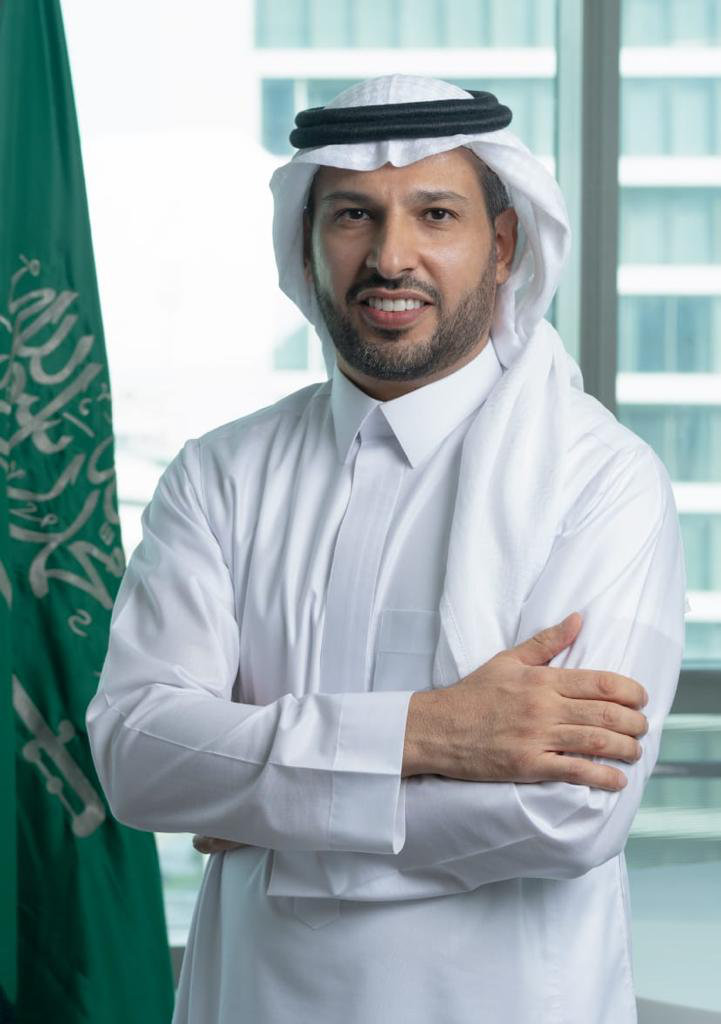RIYADH: The Ministry of Human Resources and Social Development is finalizing procedures for appointing two labor attachés to Pakistan and India by the end of 2022, according to Deputy Minister Sattam Alharbi. He said two more labor attachés will be appointed to other countries next year.
HRSD launched the attaché program in the countries that send labor in mid-2019. It has since completed the procedures for appointing labor attachés to the Philippines and Egypt, both sources of foreign workers in Saudi Arabia.
Alharbi said that the program aims to improve coordination with the countries by implementing programs and orientation plans on labor regulations and policies in the Kingdom, launching cultural exchange between the countries, and building active relationships with the concerned authorities in the host country.
It intends to facilitate holding job fairs in the countries concerned, which recruitment offices will attend, to simulate the work environment conditions and double-check that labor is qualified and eligible to work in the Kingdom.
This program attempts to examine the difficulties encountered by expatriate employees in the Kingdom and address them with authorities in the labor countries.

Sattam Alharbi, Deputy Minister for Control and Development of Work Environment at human resources and social development. (Supplied)
Alharbi led the Kingdom’s delegation to the first forum to review the international migration charter, held at the UN headquarters in New York from May 17 to 20 this year, and was a keynote speaker at a talk organized by the Philippines on the sidelines of the global migration forum at the UN.
Alharbi said that the Kingdom has an appealing business environment, leading the region in pioneering ideas and investments, and seeks to improve its competitiveness and attract foreign talent and investment. However, it “faces transnational international challenges that require a great deal of international cooperation to overcome.”
The International Migration Charter, which was ratified in December 2018, comprises 23 goals for dealing with migration that tackle organizational, economic, developmental, social and humanitarian issues, as well as security and human rights.
Alharbi said that the Kingdom sees the International Migration Charter as part of its efforts in all areas of international cooperation, particularly concerning the migration file and the common international challenges it faces. He highlighted the Kingdom’s outstanding efforts in the legal and institutional environment of the national human rights system in general, labor regulations for expatriates, promoting employment rights, and so on.
The ministry began the electronic labor contract authentication program in October 2020. More than five million contracts have been logged, and a new version of the program was introduced in May via the Qiwa platform.
Since its inception, the program has contributed to the reduction of labor disputes. According to Ministry of Justice officials, the number of labor cases has decreased by more than 50 percent following the implementation of initiatives to improve the contractual relationship, including contract documentation.
Alharbi said that the ministry “makes every effort to defend the rights of workers in the country and has enacted three policies to this end: the National Occupational Health and Safety Policy, the National Policy to Prevent Child Labor and the National Policy to Abolish Forced Labor.”
He said that the National Occupational Health and Safety Policy aims to improve entities’ compliance with the regulations it covers by unifying health and safety legislation.
The policy defines the responsibilities of relevant government agencies, establishing a governance structure, developing mechanisms to monitor compliance with legislation, and creating mechanisms of collaboration between employers and employees. One of the most significant benefits made possible by the policy’s implementation is the establishment of a National Council for Occupational Health and Safety to oversee the policy’s implementation with the necessary government entities.
The policy on banning children’s work was approved by the Council of Ministers in 2021. It provides a package of interventions at various levels in the state sector to establish a national framework that regulates the labor market in relation to child labor.
Alharbi said that after the Kingdom ratified the ILO Convention on the Prevention of Forced Labor it was “currently working on completing the national policy for the abolition of forced labor.” The policy seeks to achieve a number of objectives, including enhancing legislation to prevent forced labor and to monitor cases.
The national strategy on the eradication of forced labor intends to make processes easier for victims of human trafficking. It also seeks to protect victims in accordance with international standards.
The policy seeks to expand cooperation with labor-exporting nations to build a system that does not contribute to employment exploitation or vulnerability and supports the efforts against practices that lead to forced labor, with the goal of introducing such a system by the end of this year.



























